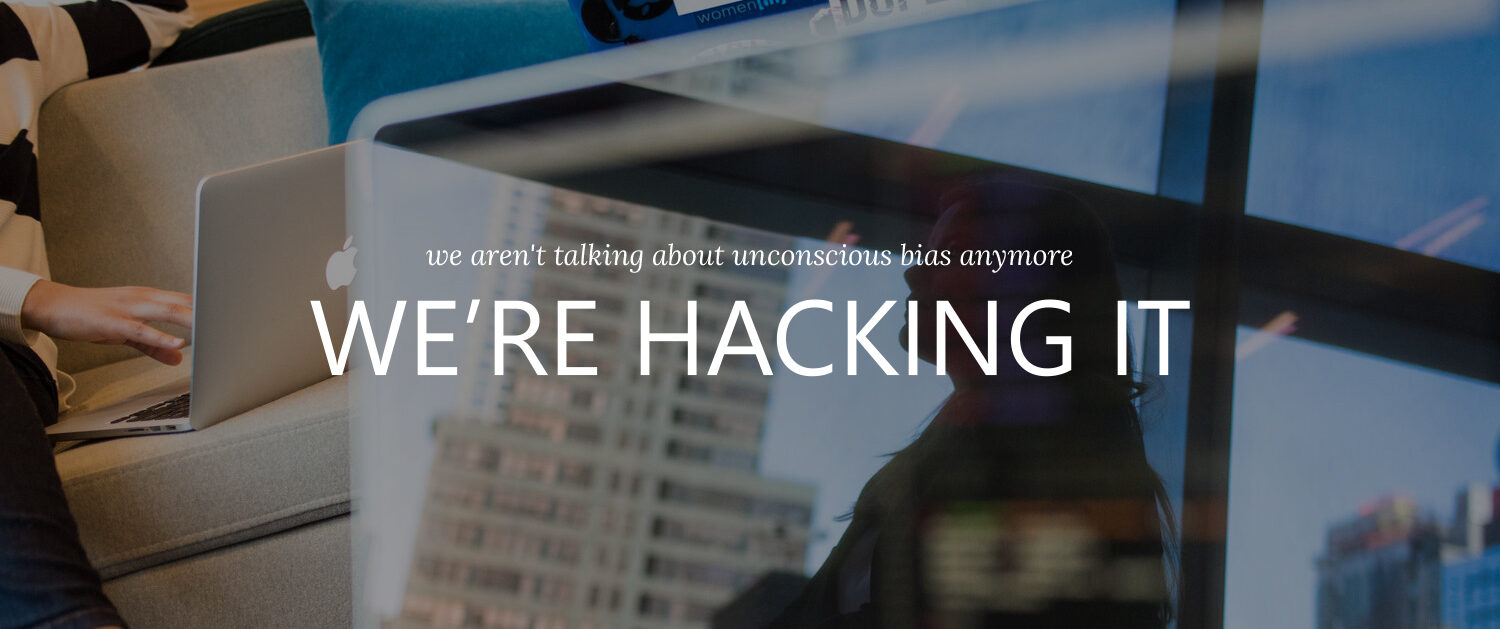Traditional RESPONSES to Unconscious Bias
The concepts and implications of unconscious bias were first highlighted in our professional circles nearly five years ago. Today, we are all too familiar with the ugly statistics:
- It’s personal. When women arrive at companies, their aspiration to reach top management averages 43%, and the confidence they can achieve that goal averages 27%. After two years on the job, those numbers drop to 16% and 13% respectively
- It’s systemic. There is no state-level protection for sexual orientation in 29 of the 50 US states. This means employees can be fired for being lesbian, gay, or bi-sexual
- It’s impactful. Racial discrimination may account for up to 33% of the factors that contribute to black workers receiving lower wages than whites
The list goes on and on for every dimension of diversity. At the same time, we know that diverse teams perform better and innovate more. We know that something has to change. And yet, what are we doing about it? Conversing. Talking about company values. Publishing national statistics. Hosting discussion after discussion.
REAL IMPACT WITH TECH SOLUTIONS
So when these conversations don’t help, what do you do?
Meet Stephanie Lampkin. Stephanie thought she was a good fit. She began coding at age 13, and came armed with an engineering degree from Stanford, five years at Microsoft, and a recent MBA from MIT Sloan. At the end, she says the recruiter told her “you’re not quite technical enough, and we’ll reach out if a sales or marketing position opens up.”
Stephanie taught herself how to code, bootstrapped her way through two elite universities, and networked like hell to make a career for herself. Then she founded Blendoor – a recruiting app to help individuals like her, who may be overlooked because of they don’t fit the “mold.”
Stephanie isn’t talking. She’s hacking.
And we can too.
So How do you hack Bias?
With examples like Blendoor, we know that technology can help alleviate and even eliminate some of the symptoms of unconscious bias. So how do you catalyze the creation of technology solutions?
Thankfully, we know that MIT is an amazing place for building technology. It is also a diverse community full of passionate people who care about some of the challenges we face today. Our community has invented the technology behind the Kindle, the disposable razor, Zipcar, HP, and much more.
What if we directed that innovative spirit to some of the social issues we face? Let’s find out.
On Saturday, February 25th, 2017 at the MIT Media lab, 150+ hackers with diverse backgrounds and expertise will come together with mentors and experts to create solutions that combat unconscious bias, increase diversity and inclusion, and inspire future technologies.

